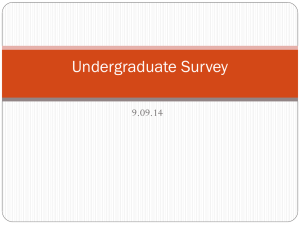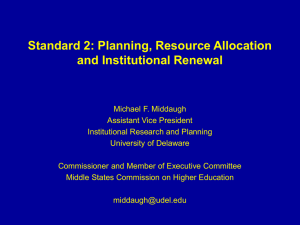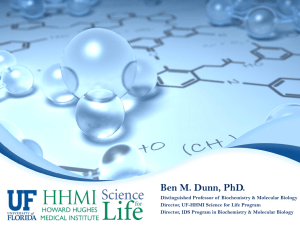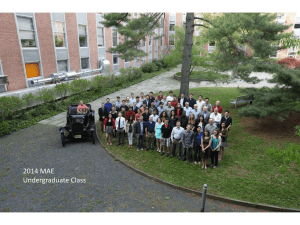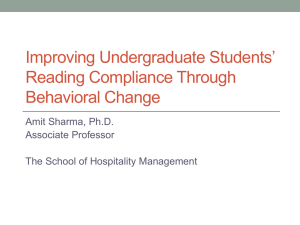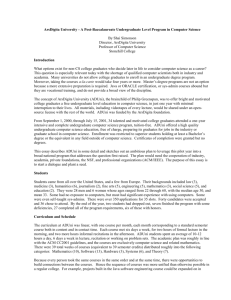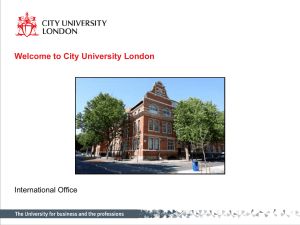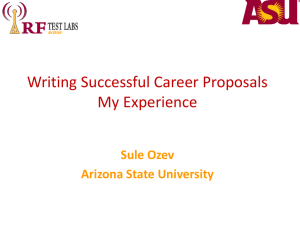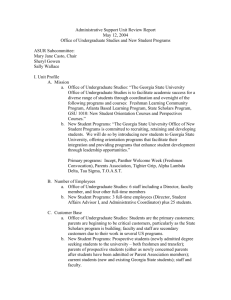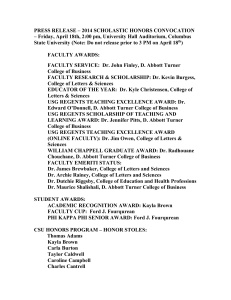MahoneyElecCar - International Technology and Engineering
advertisement
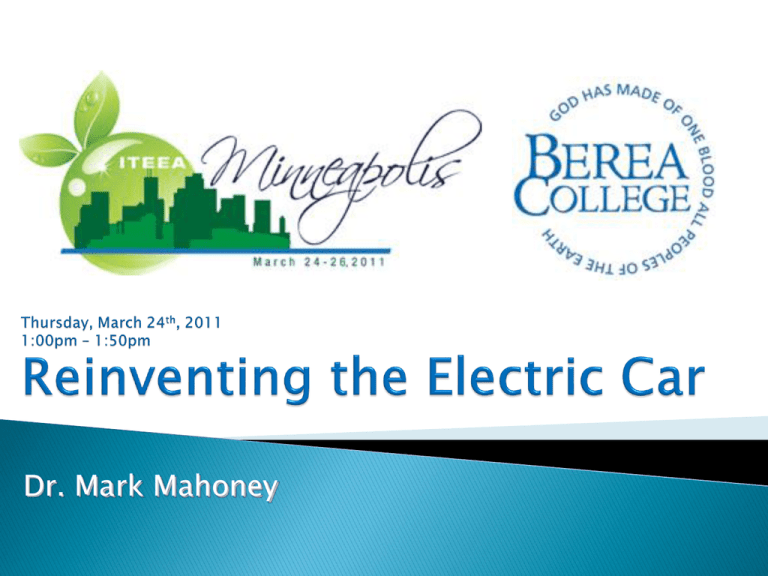
Dr. Mark Mahoney Mark Patrick Mahoney, PhD Berea College Not a new idea! Electric Vehicle at Berea College Previous undergraduate research project ▪ Summer 1993 1984 Ford Escort EXP ▪ GE Electric Motor ▪ 90 V, 184 A, 20 Hp, 6500 Rpm ▪ 10 – 12V deep cycle lead acid batteries The purpose of this project Design and build an electric vehicle ▪ Flexible research platform ▪ Interchangeable power sources i.e. batteries, motors, engines, etc. ▪ Adjustable suspension and payload arrangement ▪ Open cockpit and frame design Allows for easy modifications for various research applications The purpose of this project (cont.) A Long-term research investment ▪ Utilized in current departmental courses ▪ Available to other departments across campus ▪ Can and will be utilized for years to come; not a one time shot Some possible designs Current issues in undergraduate education Graduates lacking critical “21st century skills” ▪ Critical thinking ▪ Complex reasoning ▪ Written communication Graduates entering employment will require: ▪ higher levels of learning and knowledge ▪ the capability to face challenges that are more complex today than previous generations Current issues in undergraduate education (cont.) Several students are not completing their original program of study ▪ These students are: ▪ Changing their major ▪ Extending the date of graduation ▪ Dropping out completely About 50% of students intending to major in STEM careers do not complete program of study Benefits of undergraduate research Students involved in various forms of undergraduate research reported increased: ▪ ▪ ▪ ▪ ▪ ▪ Educational experience Writing and oral presentation skills Confidence in research skills (current and future) Awareness and interest in post-secondary education Retention in undergraduate and graduate programs Interactions between faculty and students Undergraduate Research and Creative Projects Program (URCPP – Berea College) Goals of the program: ▪ Enhance student learning ▪ Foster student-faculty interaction ▪ Enhance students’ communication skills ▪ Help students’ pursue subsequent research and learning opportunities The student researchers will: Review the historical and future implications of the electric vehicle Explore the foundational elements of: ▪ chassis design ▪ electrical components ▪ power transmission Design and build an electric vehicle for various research applications The student researchers will (cont.): ▪ The electric vehicle must be: ▪ Flexible in function and design ▪ Capable for research across campus ▪ Functional for everyday tasks around the college Develop a series of performance tests for the electrical vehicle ▪ Collect performance data for all future research ▪ Control data will be compared against various regenerative and/or alternative energy applications The student researchers will (cont.): Summarize research experience and data ▪ Prepare for research presentations ▪ URCPP fall presentations and poster session ▪ Various state, national, and/or international conferences ▪ Aid in the production of publications to share student research experience Products Students completing this undergraduate research project will have: ▪ Conducted extensive research ▪ Critically examined and reasoned solutions to various problems ▪ Implemented writing and oral presentation skills ▪ Cooperated extensively with faculty and other students ▪ Explored various areas of STEM interest References Arum, R. & Roska, J. (2008). Learning to reason and communicate in college: Initial report of findings from the longitudinal CLA study. Social Science Research Council, New York NY Business-Higher Education Forum. (2010). Increasing the Number of STEM Graduates: Insights from the U.S. STEM Education & Modeling Project. Washington, D.C.: Author. Business-Higher Education Forum. (2007). An American imperative: Transforming the recruitment, retention, and renewal of our nation’s mathematics and science teaching workforce. Washington, D.C.: Author. Business-Higher Education Forum. (2005). A commitment to America’s future: Responding to the crisis in mathematics & science education. Washington, D.C.: Author. References (cont.) Nagda, B. A., Gregerman, S. R., Jonides, J., von Hippel, W., & Lerner, J. S. (1998). Undergraduate student–faculty research partnerships affect student retention. The Review of Higher Education, 22(1), 55–72. Lopatto, D. (2007). Undergraduate research experiences support science career decisions and active learning. CBE Life Sci. Educ. 6, 297–306. Lopatto, D. (2004). Survey of Undergraduate Research Experiences (SURE): first findings. Cell Biol. Educ. 3, 270–277. Russell, S. H., Hancock, M. P., McCullough, J.(2007). Benefits of undergraduate research experiences. Science, 316, 548-549. Seymour,E., Hunter, A.-B., Laursen, S.L.,& DeAntoni, T. (2004).Establishing the benefits of research experiences for undergraduates in the sciences: First findings from a three-year study. Science Education, 88(4), 493 – 534. Zydney, A. L., Bennett, J. S., Shahid, A., & Bauer, K. W. (2002). Impact of undergraduate research experience in engineering. Journal of Engineering Education, 91(2), 151–157.


